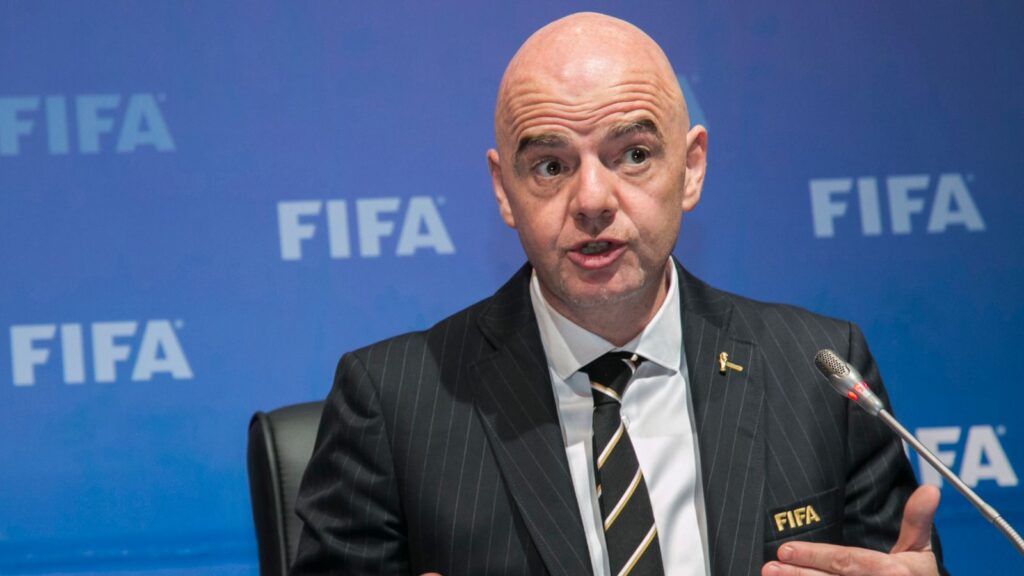Gianni Infantino, FIFA President, has expressed a willingness to reconsider the traditional scheduling of major football tournaments, opening the possibility of moving World Cups and Club World Cups away from the summer months. Speaking on the sidelines of the European Football Clubs’ general assembly in Rome, Infantino highlighted the increasing heat in some European countries during July, which makes it difficult to stage tournaments in the summer. The discussions, which involve FIFA’s calendar after 2030, have gained importance as the governing body looks to optimize tournament timings in light of the expanded competitions.
Infantino acknowledged that the best time to play football in Europe—June—is often not utilized. He suggested that football might benefit from reconsidering its reliance on summer months and should remain open to staging tournaments in winter, following the precedent set by the 2022 World Cup in Qatar. The FIFA President mentioned that ongoing discussions focus on creating a global football calendar that is more flexible and responsive to environmental factors, with months like October and March being ideal for international matches.
In addition to World Cups, FIFA is exploring an expansion of the Club World Cup, possibly to 48 teams by 2029. This expansion could include a qualifying playoff event to reduce the number of teams to 32. Infantino’s comments signaled an intention to make the tournament larger, more impactful, and more competitive, with Spain and Morocco emerging as favorites to host the 2029 edition. Other countries like the United States and China also remain contenders, with Qatar being a front-runner for the 2031 edition.
FIFA is considering a biannual Club World Cup after 2029, which would align with the potential for winter scheduling of tournaments. However, Infantino warned against the risks of disrupting the existing football structure, where national, continental, and global competitions are clearly separated. His remarks suggested a need for careful reflection on any proposals that could change the traditional structure of football. He also mentioned that while FIFA may support international events, it must carefully consider the interests of all stakeholders, including national federations, clubs, and leagues.
Infantino’s openness to such changes marks a potential shift in how major football tournaments are structured, with a focus on addressing climate concerns and maximizing global participation. However, any significant changes will require extensive consultation with various stakeholders within the football community.

